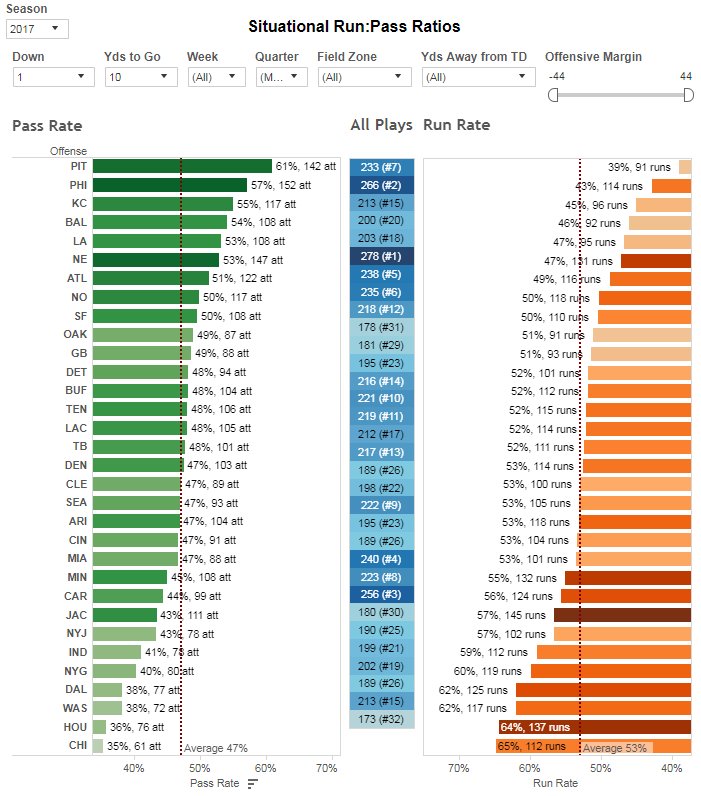Unsurprisingly for someone who filed five tax returns last year in two countries, I was very enthusiastic about getting this done. Thoughts:
That's the power that taxes holds over budding entrepreneurs.
This is nonsense.
The standard advice is "Talk to an accountant", which founders hear as "Don't bother me; I have no answers."
That advice isn't operationalizable. It's like telling a flower shop "Printer problems? Find an engineer."
If they hadn't been calculated in our P&L, that would have cost us $5,000.
That is *very easy* to do if you do not have your systems and processes set up to effortlessly keep accurate records. Your business will *very quickly* outrun your working memory.
Speaking of which: separate your household expenses from your business expenses.
This helps you default to success: the credit card statement is a record of most business expenses and no non-business expenses; no expenses sneak onto your personal card.
This discipline will prevent you from having to walk through literally every transaction you made last year trying to find the ones that were business related.
Pro-tip: sometime between then and now Stripe added a monthly report; you can find it in Business -> Data at dashboard.stripe.com/account/data
Yeah, nothing like tax season to make me think that SQL is a fun diversion.)
You can, and should, have conversations with your accountant well in advance of tax season (which is approximately January through April). They've got lots of free time the rest of the year, and you have some planning to do.
This is partly to let them give you early warning of things like "So Patrick you do realize that Japan is your 60% equity cofuonder right?"
My accountants consistently picked up on e.g. impending cashflow issues or general health-of-business things when my head was in weeds.
"You should have a Dropbox account" is probably not accounting advice.
I have never, ever, ever said "Man I am glad I threw away that business record."
Which I was trivially able to do because hard disk space is cheap and Dropbox / Tarsnap work very, very well.
These get more valuable each passing year.
You email your accountant and say "Hey a low-probability routine event has happened. What should I do about this?"
Responding to the audit took 45 minutes.
"How much revenue did you have in Hawaii last year?"
*SQL query* $180.
"Wait, what. OK, you're done."
And, again, this is why you pay your professional advisors.
My Japanese accountants, for example, caught that I had filed an exemption from consumption tax because all of my sales were exports of software. That was not an optimal filing.
And then claim back all the consumption tax our business had paid (on business expenses).
Resulting in a tax refund of several times what I paid accountants.
You sound very surprised, hypothetical person who probably has programmed before.
If you're an Atlas company, we've got a quick survival guide for tax season here: stripe.com/atlas/guides/t…




